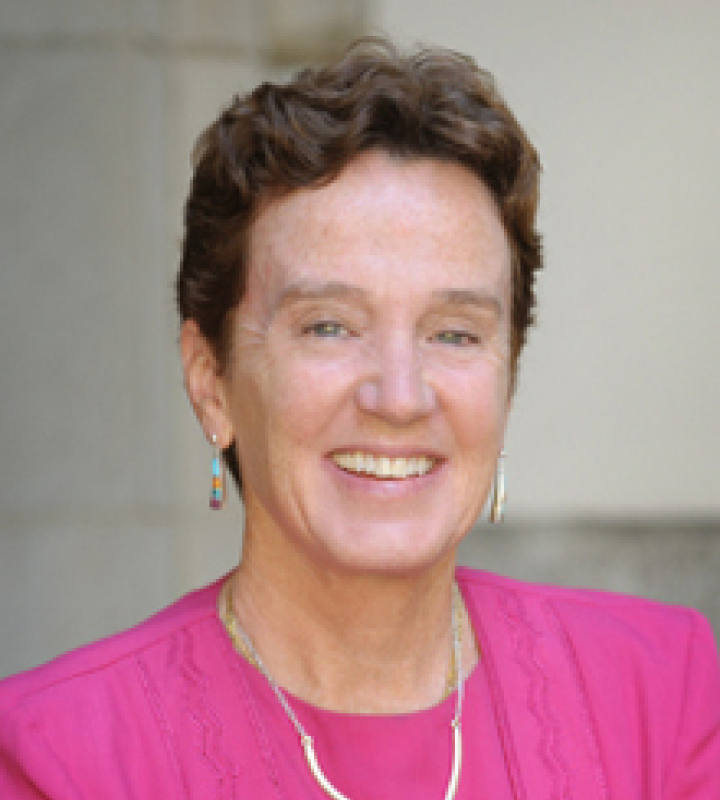Christine Grady is a nurse-bioethicist and a senior investigator who currently serves as the Chief of the Department of Bioethics at the National Institutes of Health Clinical Center. Her research is both conceptual and empirical and primarily in the ethics of clinical research, including informed consent, vulnerability, study design, recruitment, and international research ethics, as well as ethical issues faced by nurses and other health care providers.
Dr. Grady has authored more than 175 papers in the biomedical and bioethics literature and authored or edited several books, including The Oxford Textbook of Clinical Research Ethics. She served from 2010-2017 as a Commissioner on the Presidential Commission for the Study of Bioethical Issues. She is an elected fellow of the Hastings Center and of the American Academy of Nursing, a senior research fellow at the Kennedy Institute of Ethics and an elected member of the National Academy of Medicine. She serves as an attending on the Bioethics Consultation service, an IRB and DSMB member, and a member of several editorial boards. She holds a BS in nursing and biology from Georgetown University, a MSN in community health nursing from Boston College, and a PhD in philosophy from Georgetown University.
Committee Member Q & A
We asked each Committee Member four questions to gain insight into who they are and what they value in bioethics scholarship and the Faculty Scholars Program.
What professional activity or accomplishment are you most proud of?
Leading and being part of a bioethics program that offers high quality consultation, premier bioethics training, and influential bioethics research.
In your work, how have you engaged with people who face bioethics dilemmas in their professional activities or personal lives?
During my career, I have been a bioethics consultant, a mentor and educator, a clinician, and a researcher (some concurrently). Each role offers rich opportunities to engage with people who face bioethical dilemmas. My approach is to listen, help gather facts and identify their concerns, and work together to find ethically grounded solutions.
Who has been affected by your work in bioethics?
I hope that the discussions and consultations I have had the privilege to engage in with patients, families, clinicians, and researchers on vexing issues facing them has had a positive effect. Similarly, I hope my work has positively affected the many students, fellows, and emerging scholars I have been privileged to mentor or collaborate with, I know that working with them has affected my work. Lastly, I hope that my work in bioethics has shown nurses that there are myriad ways they can make a difference.
What do you view as the greatest strength of the Greenwall Faculty Scholars Program?
The greatest strength of the Greenwall Faculty Scholars Program is the opportunity it offers to talented and creative emerging scholars to develop their scholarship, make an impact, and become established in an interdisciplinary community of committed and collaborative bioethics scholars.
